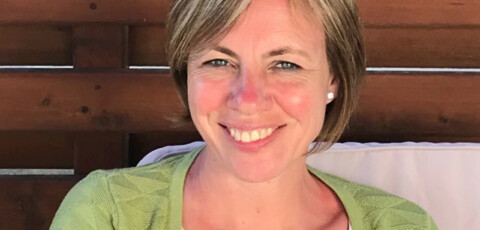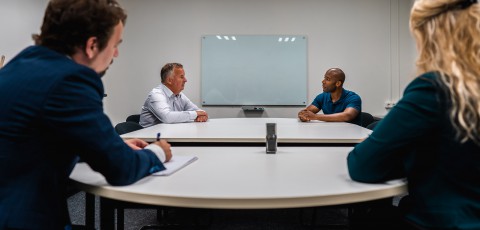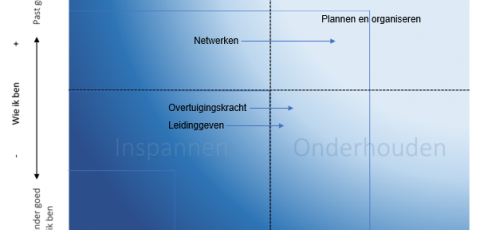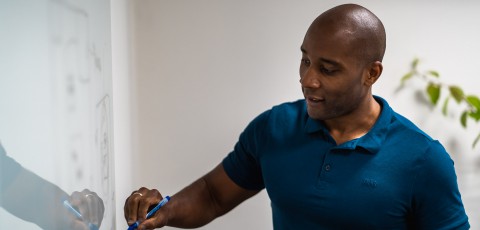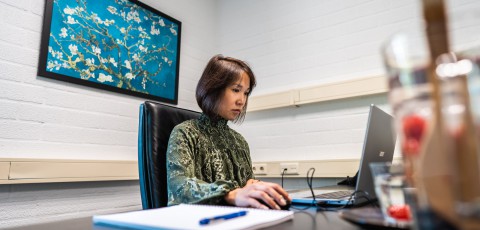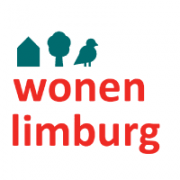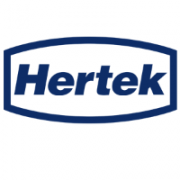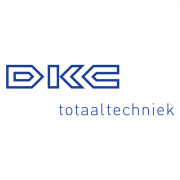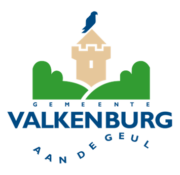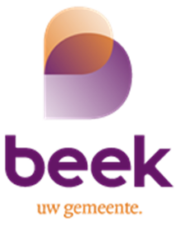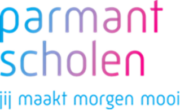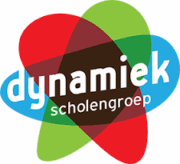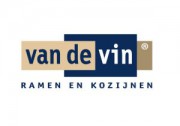"The assessment held up a mirror to me at a crucial time"

Annemie Weerts made a transition from healthcare to education. And that transition turned out to be a big one. Exactly at the moment when she wanted to make a choice about whether or not to continue in her position as education manager at Zuyd University of Applied Sciences, she came into our office for a developmental assessment. The insight she gained from the assessment provided a significant turnaround.
What expectations did you have from the developmental assessment?
"I've had assessments in the past. And the steps we went through were similar to those earlier tests: some ability tests, a role-play and an interview with a psychologist. What I found very strong was that the reception at H&G was very warm and welcoming. Anne-Mieke, the test assistant, is very welcoming. She gives you space, provides a drink and a snack, explains everything about the tests and puts you at ease."
Why is this reception important?
"No matter how you turn it, you are turned a little inside out. You are tested on many aspects and never know for sure what the results will be. You are also taking the test at the request of your employer and of course you wonder what they will think of the results. Such a reception then works very well."
What did the results of the assessment get you?
"You get held up to a very nice mirror. It shows you where your strengths are and where there is room for improvement. I was pleased to see the results of the capacity tests. You know, you don't walk out of that ability test feeling good, it's intense. It's an adaptive test that tests to your ceiling, so it gets harder and harder. Anne-Mieke had also said, "Don't panic, if that happens it's a good sign. That was reassuring. But what I liked much more is that the outcome of the practical assignment and the psychologist indicated that a number of my talents and characteristics are greater than I had estimated. And those were exactly the competences Zuyd University was looking for. That confirmation came at a very good time. I had transferred from healthcare to education. I expected the culture to be a bit like in healthcare, but nothing was further from the truth. That made me insecure."
So the assessment has provided a kind of tipping point?
"Yes. Because of the assessment, I knew that my abilities, competencies and motivations were all right. It was an eye-opener for me that my doubts were also environment-related. This allowed me to look at the organization differently. What in the organization can help me feel good in this job and use my talents and competences? I also started to feel more free to give the organization tips from my perspective in the area of process improvement. And I certainly found a response to that."
Can you give some examples of that?
"With colleagues, I had already indicated that I did not feel competent in the position, but the results of the assessment allowed me to better express that feeling. With colleagues, I then discussed the importance of a long-term vision. In education, we need to train professionals who are at least adapted to the current field. That means looking years ahead. There was no room for this in the busyness of the agendas. Now we plan blocks for this on a structural basis. At the organizational level we have started to define the primary process. And started looking at how the supporting services could better connect to it."
So the assessment brought you a lot of confirmation. Was there anything that surprised you?
"Yes, I really do! I have often had the feedback in the past that I work in a structured way. In the report, I actually had the lowest score relatively (on average) in the blue area, so on control, structured working, protocols. So that did come in! But in the discussion afterwards it was emphasized that you are compared to a reference group and that in some cases the average is sufficient. I don't really like control and protocols either, it doesn't feel sincere to me. So there was something in that somewhere. But still, that interpretation is important."
The assessment also includes role-playing. How did that go for you?
"I was given a script to conduct a performance review. I walked into a room in which there was a large table. I was allowed to sit on one side and the employee on the other. I immediately got up to sit closer to the employee, with his approval of course. Relatively inconveniently, you only have thirty minutes to have the conversation. The script said that I also had to give him a failing grade for something, but I abandoned that. I did not support that. From things like that, they can pick up a number of personal character traits right away."
We often say that a developmental assessment is a gift to yourself. How did you experience that?
"You are really held up to a beautiful mirror that illuminates many facets. For me it ensured that I could turn my doubts into certainty. When things didn't feel right and I had to make a decision about the future, the assessment allowed me to look differently at the organization and job. And I gained the confidence to continue."

